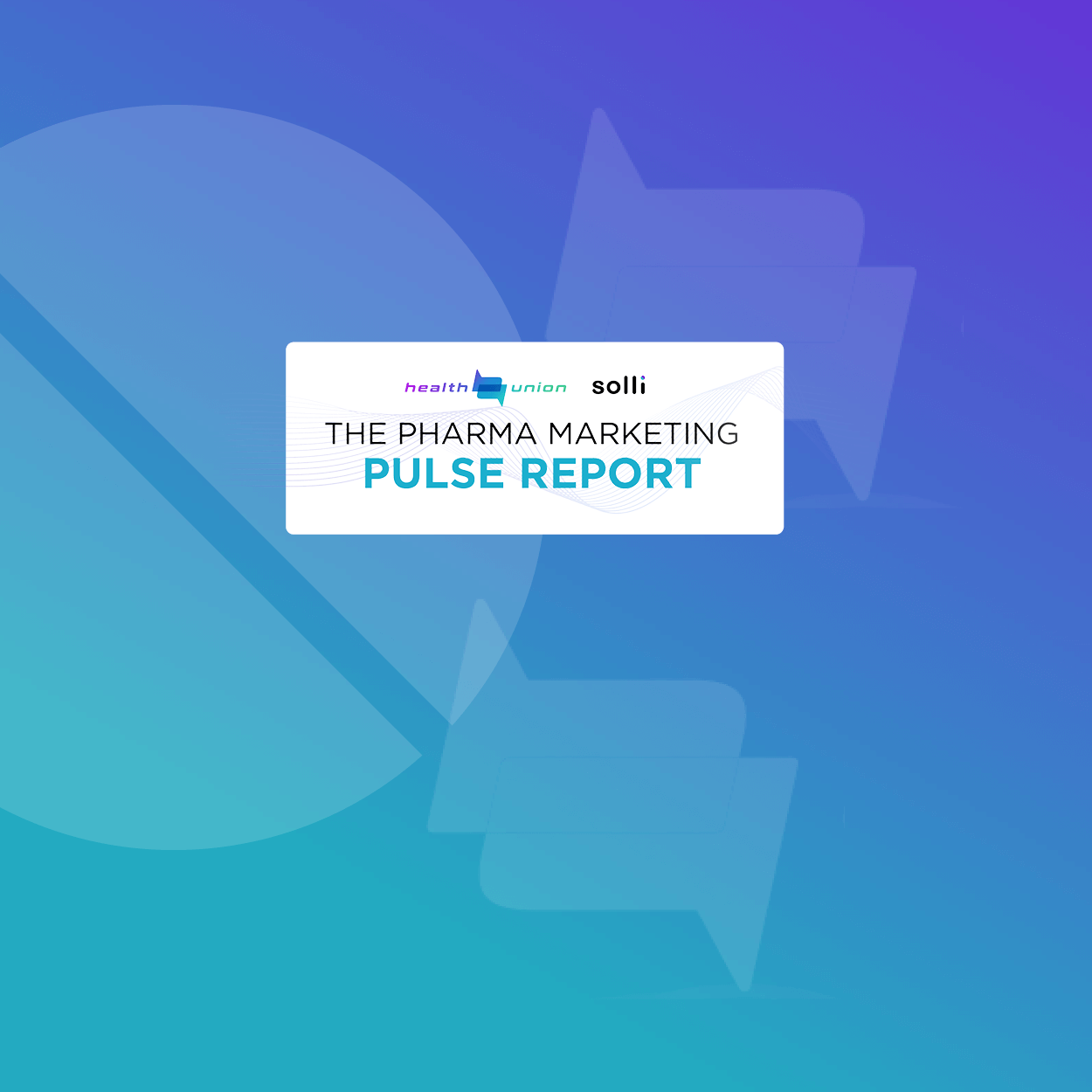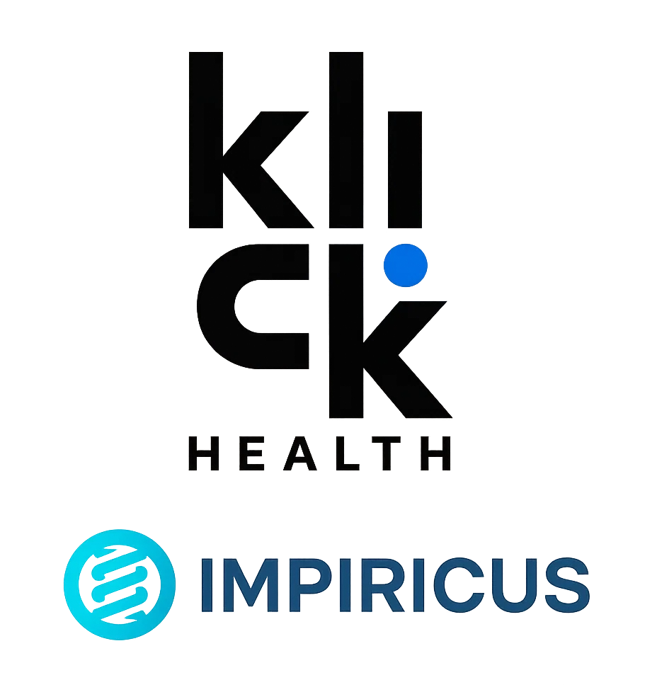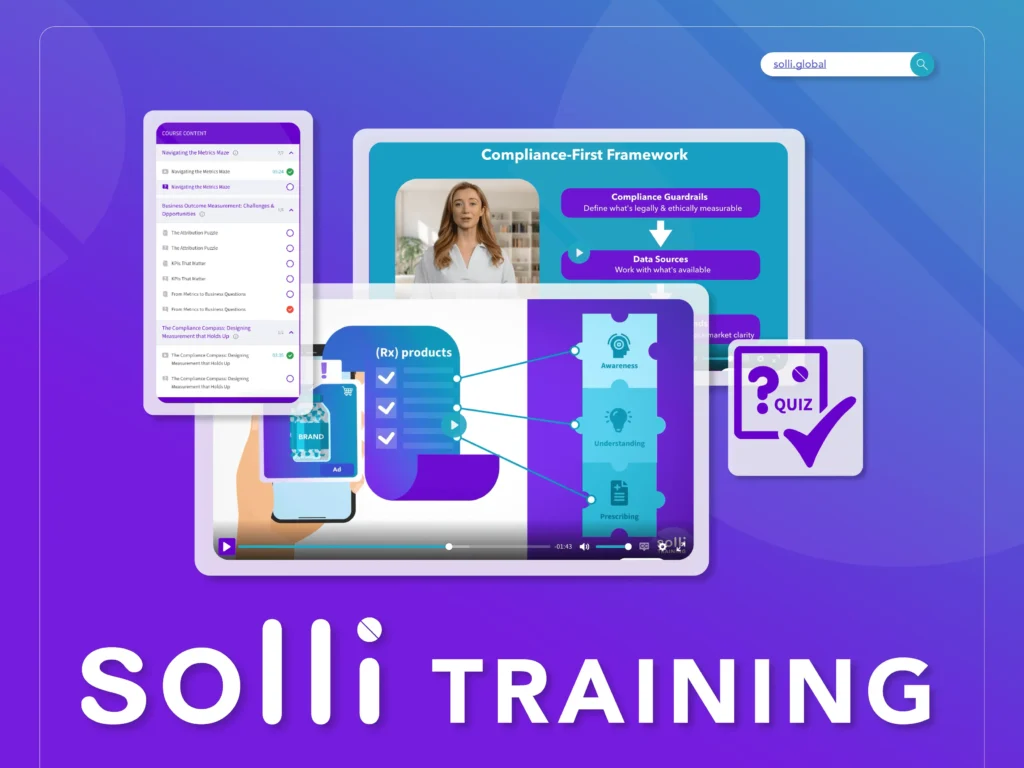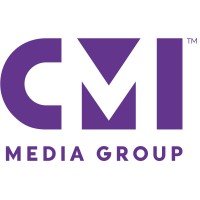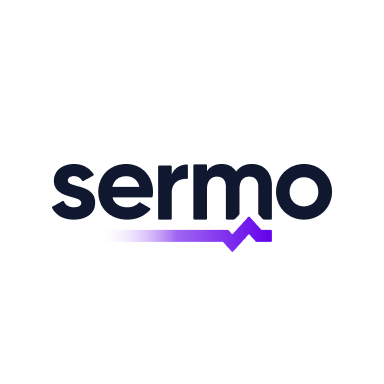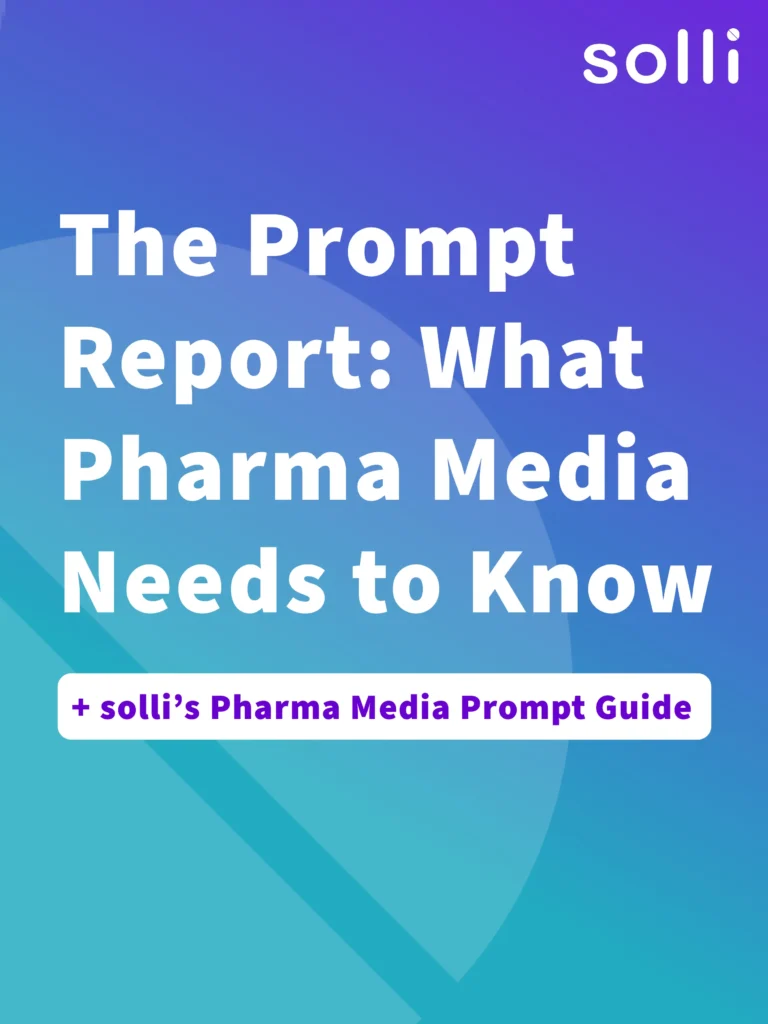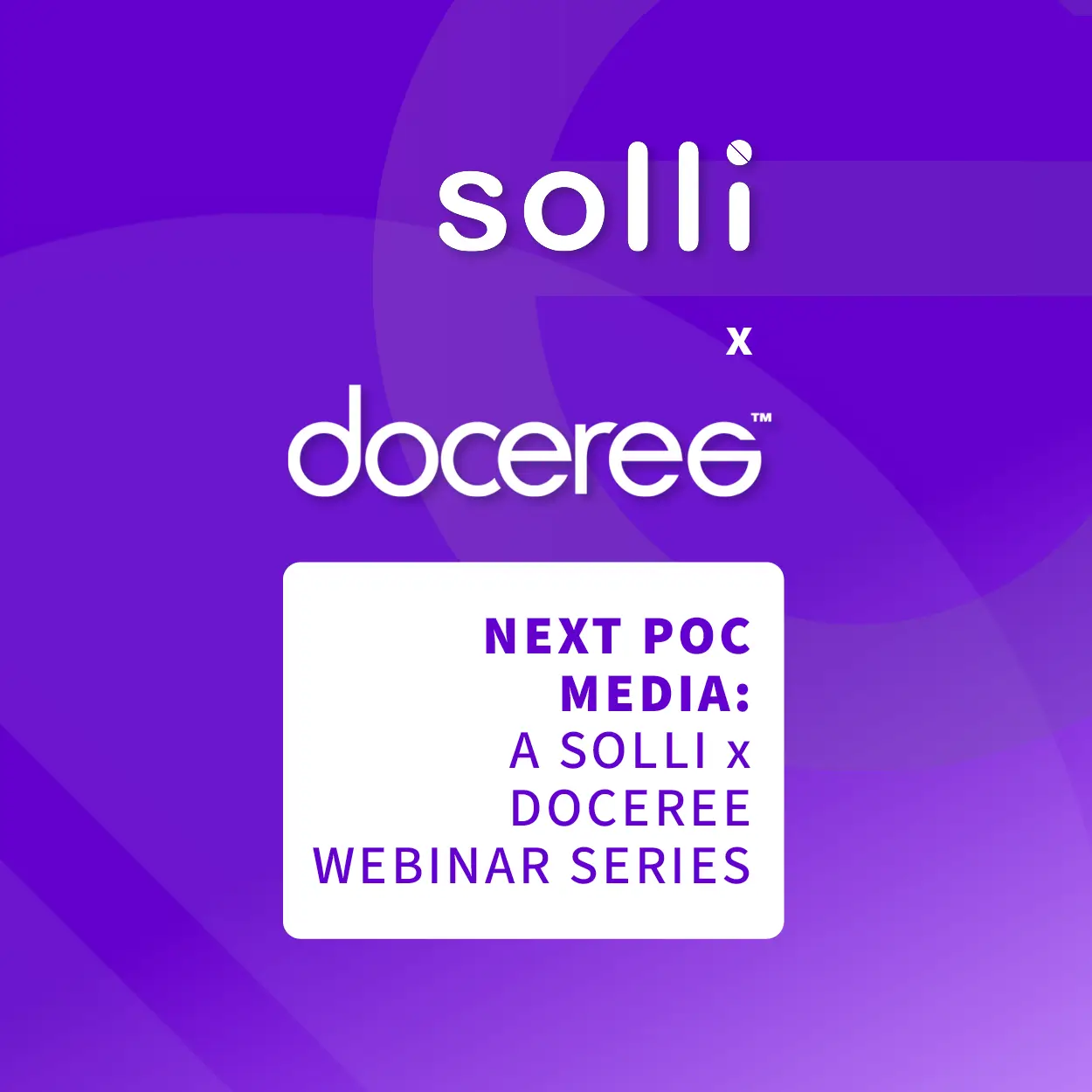Mastering Local SEO for Healthcare and Pharma Websites
Optimizing for local search to drive traffic and conversions effectively.

The digital landscape in healthcare is continuously evolving, and this means the role of local search engine optimisation (SEO), has become increasingly important for healthcare and pharmaceutical businesses.
With patients relying heavily on online search to find healthcare and medical providers, products, and information, ensuring your website is optimised for both global and local search visibility, is crucial for driving qualified website traffic and conversions.
Key Considerations for Global and Local SEO in Healthcare, Biotech, and Pharma
The healthcare and pharmaceutical industries present unique challenges when it comes to SEO, particularly when factoring in the need for both global and local optimisation. Some of the key considerations to reflect on are:
- Regulatory Compliance: Healthcare and pharma businesses must navigate a complex web of regulations, such as HIPAA and FDA guidelines, which can impact website content, structure, and optimisation approaches.
- Sensitive Subject Matter: Topics related to health, medicine, and pharmaceuticals can be highly sensitive, requiring a delicate approach to content creation and optimisation.
- Audience Diversity: Healthcare and pharma audiences will range from medical professionals to patients, each with diverse backgrounds and distinct information needs and search behaviours.
- Geographical Variations: Regional differences in regulations, language, and cultural preferences can significantly impact local SEO strategies.
Establishing a Comprehensive Localisation Strategy
To effectively address these challenges and achieve optimal global and local search and online visibility, healthcare and pharmaceutical businesses must develop a comprehensive localisation SEO strategy.
This involves tailoring your website and digital marketing efforts to the unique needs and preferences of your target markets, both globally and locally.
Key elements of a successful localisation strategy include:
- Multilingual Content and Website Localisation
Ensure your website content is available in the primary languages spoken in your target markets. This may involve translating existing content or creating new, localised content that resonates with your local audience.
- Localised Keyword Research and Targeting
Conduct in-depth keyword research to identify the search terms and phrases used by your local target audience. Optimise your website and content around these localised keywords to improve visibility in local search results.
- Local Business Listings and Citations
Claim and optimise your business listings on local directories, review sites, and social media platforms. Ensure your NAP (name, address, phone number), information is consistent and accurate across all listings.
- Localised Link Building and Off-Page SEO
Develop relationships with local industry publications, directories, and relevant websites to secure high-quality, contextual backlinks that will reinforce your local credibility and authority. Create localised content, such as blog posts, videos, and press releases, to engage your local audience and build brand awareness.
Technical Requirements for Regional SEO
In addition to the localisation strategy, healthcare and pharmaceutical businesses must also address the technical aspects of regional SEO to ensure their websites are optimised for both global and local search visibility.
- An International Hreflang Strategy
Hreflang is the main technical element that must be implemented when you have multiple language or location sites. This code tells search engines which version of a website is intended for a specific location and/or language. It’s essential to ensure that your local site owners understand the importance of your localization strategy and can update their site coding to reflect the required hreflang implementation.
- Correct Use of Canonical Tags
Canonical tags can be used alongside your hreflang strategy to help search engines to understand what is happening when a website has duplicate content. These two coding elements must be aligned to ensure no contradictions to help provide search engines with clear signals about the meaning and intention of your localised content.
- Structured Data
Structured Data such as Schema markup allows your website to communicate additional contextual information to search engines. When considering local pharma SEO, this can help you to provide Google with details of the organisation or company responsible for a website. This will help search engines understand how your local sites are related and should interact with one another, as well as how sites dedicated to particular disease areas of drugs relate to your brand or organisation.
- SEO Optimised Pop Ups
It’s common for localised healthcare websites to use interstitials or pop-ups in order to corroborate visitor information, asking users to confirm if they are a healthcare professional and where they are based. The user is then often automatically redirected to their local version of the website, or to other relevant content. It is important to understand that that using pop-ups, dialogs, or interstitials can have a negative impact on SEO performance. So it is important to follow best-practice relating to pop ups, as laid out in Google’s guidelines on the subject.
Conclusion
Mastering local SEO for healthcare and pharmaceutical websites is essential for driving qualified traffic, building brand authority, and ultimately, converting customers in your target markets. By establishing a comprehensive localisation strategy and addressing the technical requirements for regional SEO, healthcare and pharma businesses can improve their online visibility, reach, and engagement with their local audiences.
Tom Vaughton is the CEO and founder of Varn Health, expert SEO and search marketing consultancy working globally within the health sector.

